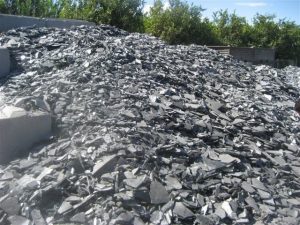 Firms active in California’s electronics recycling program increasingly turned to landfill disposal for CRT material in 2016.
Firms active in California’s electronics recycling program increasingly turned to landfill disposal for CRT material in 2016.

 Firms active in California’s electronics recycling program increasingly turned to landfill disposal for CRT material in 2016.
Firms active in California’s electronics recycling program increasingly turned to landfill disposal for CRT material in 2016.
 Farmers join the fight to allow consumers to repair electronics, and a lack of available recycling options leads to the dumping of CRT televisions along roadways in one state. Continue Reading
Farmers join the fight to allow consumers to repair electronics, and a lack of available recycling options leads to the dumping of CRT televisions along roadways in one state. Continue Reading
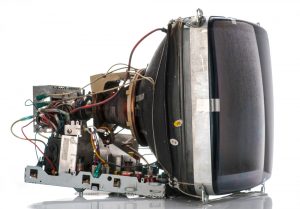 A stockpile of CRT glass in the Midwest has caught the attention of the U.S. EPA and led state regulators to suspend an e-scrap company’s license to accept the material.
A stockpile of CRT glass in the Midwest has caught the attention of the U.S. EPA and led state regulators to suspend an e-scrap company’s license to accept the material.
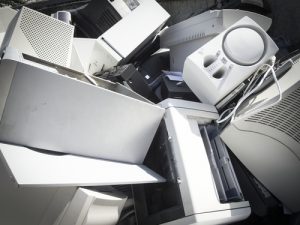 Colorado is one of just three states with an electronics landfill ban but no statewide e-scrap management program. An e-scrap executive in the state recently provided an update on how that system is working out.
Colorado is one of just three states with an electronics landfill ban but no statewide e-scrap management program. An e-scrap executive in the state recently provided an update on how that system is working out.
 Hamstrung by regulatory setbacks in Pennsylvania and New York, Nulife Glass is in the midst of a major restructuring in order keep its CRT glass recycling business alive.
Hamstrung by regulatory setbacks in Pennsylvania and New York, Nulife Glass is in the midst of a major restructuring in order keep its CRT glass recycling business alive.
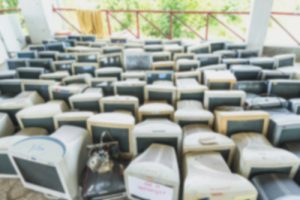 When an electronics recycling facility achieves R2 certification, stipulations of the standard extend to activities outside the walls of that building, according to a recent decision.
When an electronics recycling facility achieves R2 certification, stipulations of the standard extend to activities outside the walls of that building, according to a recent decision.
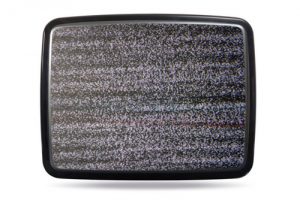 A Virginia-based processor has run into CRT glass management challenges in the wake of the collapse of Closed Loop Refining and Recovery.
A Virginia-based processor has run into CRT glass management challenges in the wake of the collapse of Closed Loop Refining and Recovery.
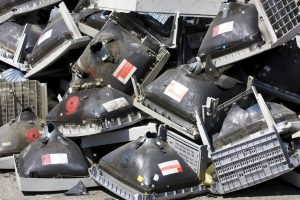 A bill in the Illinois Senate that would have limited the ability of e-scrap certification programs to enforce their standards will not get a vote during the spring legislative session.
A bill in the Illinois Senate that would have limited the ability of e-scrap certification programs to enforce their standards will not get a vote during the spring legislative session.
 New York state officials will dip into an environmental fund to pay half of the e-scrap recycling expenses incurred each year by counties.
New York state officials will dip into an environmental fund to pay half of the e-scrap recycling expenses incurred each year by counties.
Collection numbers for Washington’s e-scrap program could provide a glimmer of hope that CRT device tonnages have plateaued.
